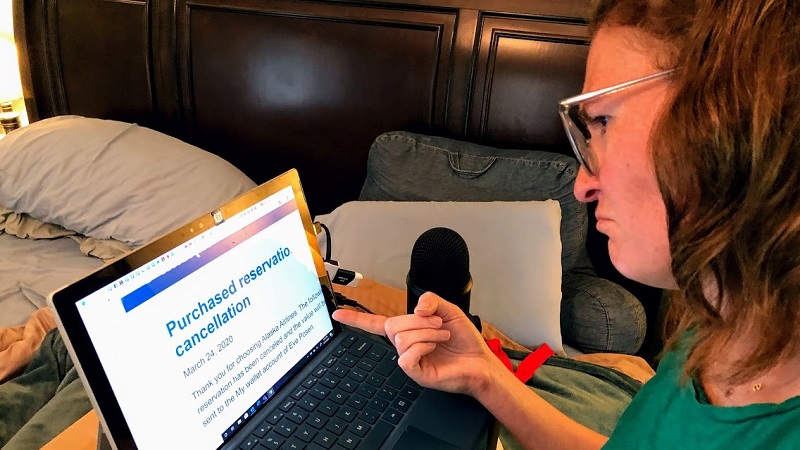Event organizers all around the world have been facing the same dilemma for months: to cancel or to reschedule. If an event is canceled, what does that mean for attendees? Do they receive a full refund? For charitable events or nonprofit organizations, are they offered the opportunity to consider previous payments a donation? And if an event is rescheduled, how far into the future does it need to be? Do you even bother trying to schedule it for the fall, or simply wait until the same time next year?

Sadly, COVID-19 has either delayed or canceled countless plans and events, which of course is to be expected if we’re going to try to lessen the toll it takes on human life. However, in many cases what COVID-19 has given us is a chance for a redo on things we may have missed out on.
Interestingly, there’s a direct parallel in the Torah this week about postponing or extending celebrations because of illness. This week we read Parshat Beha’alotcha, a turning point in our narrative. This section of text begins with instruction for the purification of the Levites as they do their holy work in the Tabernacle. We read about the first Passover sacrifice in the wilderness and how to celebrate Passover if we miss it the first time around. Then the text turns toward the Tabernacle, the Mishkan, and teaches us that God’s presence hovers over it in a cloud. Finally, Moshe’s family – his father-in-law, wife, and children – return to join him and the rest of the Israelite nation on their journey through the wilderness. It is in the return of his family to the camp where we learn about what unrealistic expectations have been levied against Moshe.
The Torah, in elevating the Israelite nation, recognizes that life sometimes gets the best of us and a second chance is needed. Chapter 9, verses 6-12 describe a second Passover observance that happens exactly one month after the first Passover. Not everyone celebrates this one because it exists specifically for those who were unable to celebrate actual Passover because of sickness or impurity. The Torah argues: why must these people miss out on a great opportunity to honor God and join their community?
So, second Passover, or Pesach Sheni, is born. The Torah reminds us that missing out because of another major obligation doesn’t mean that we don’t care. And not every holiday or event can be made up in its entirety, but if we can create an opportunity for everyone to be included, we should.
Unfortunately, sometimes when you have to pick and choose, there are no second chances to make up what you missed. This week’s Torah portion reminds us of how meaningful those second chances can be, and perhaps this year is an opportunity to reexamine our priorities to make sure we don’t take first chances for granted.
– Rabbi Eve Posen



